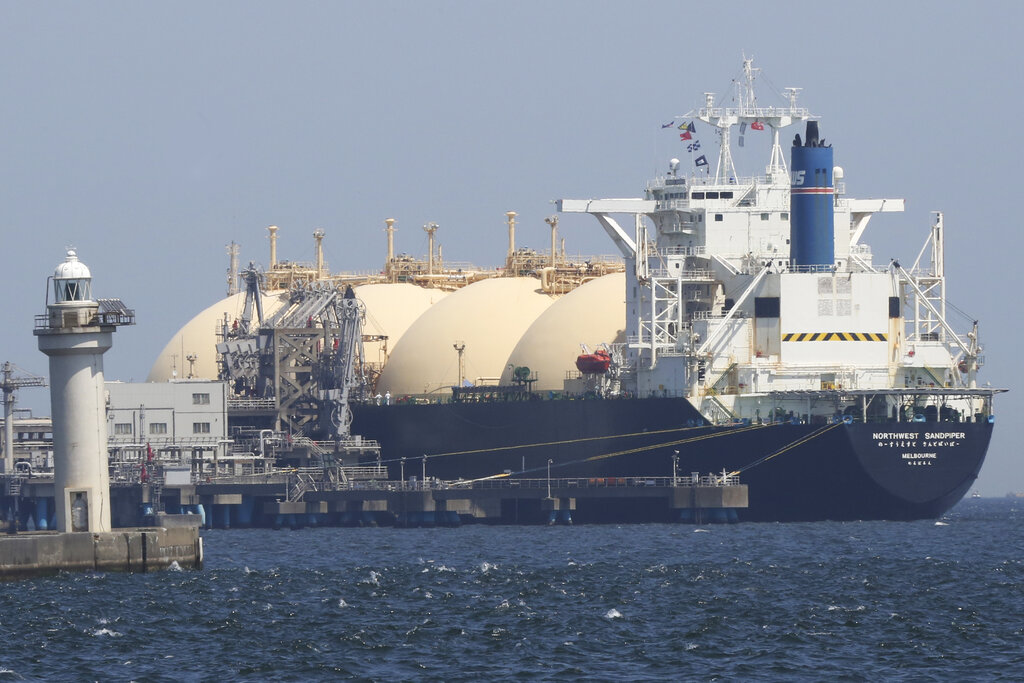The European Union’s plan and the German government’s attempt to replace Russian natural gas with liquefied natural gas (LNG) presents significant environmental risks. With it, the European Union and the German government are going against their own green policies, argues one of Germany’s leading environmental NGOs.
Oliver Powalla, an expert at BUND – Friends of the Earth, said in an interview that Germany is only going to set in stone its dependence on fossil fuels for decades with the planned construction of LNG terminals.
Major LNG-supplying countries like Qatar usually have long-term agreements that can last decades, Powalla explained. It is precisely because of long-term contracts that countries in the Middle East, such as Qatar, already have LNG capacity tied up, so it is naive that Western European countries would be able to quickly make up for their shortfall due to moving away from Russian gas.
Although the German government has previously stated that the newly built terminals should later be easily adaptable to handle “green hydrogen,” thus ensuring that the country’s economy will be carbon-neutral by 2045, environmentalists remain skeptical.
A recently announced German regulation would abolish the environmental impact assessment when designing LNG terminals in order to speed up construction, so there is no guarantee that any environmental requirements will apply to them. The organization is also concerned that facilitating this exemption may have an impact on other infrastructure projects.
In an interview, Powalla expressed additional concerns related to the fracking technology used in LNG extraction, which he said represents a huge threat to nature and to humans alike. He said fracking uses extremely harmful chemicals to fragment underground layers of rock to extract natural gas.
In addition, the release of this mixture of water, sand and chemicals into the soil can leach substances such as mercury out of the rock. This chemical mixture can then easily make its way into groundwater and contaminate drinking water, endangering people living in the immediate vicinity of the extraction.






